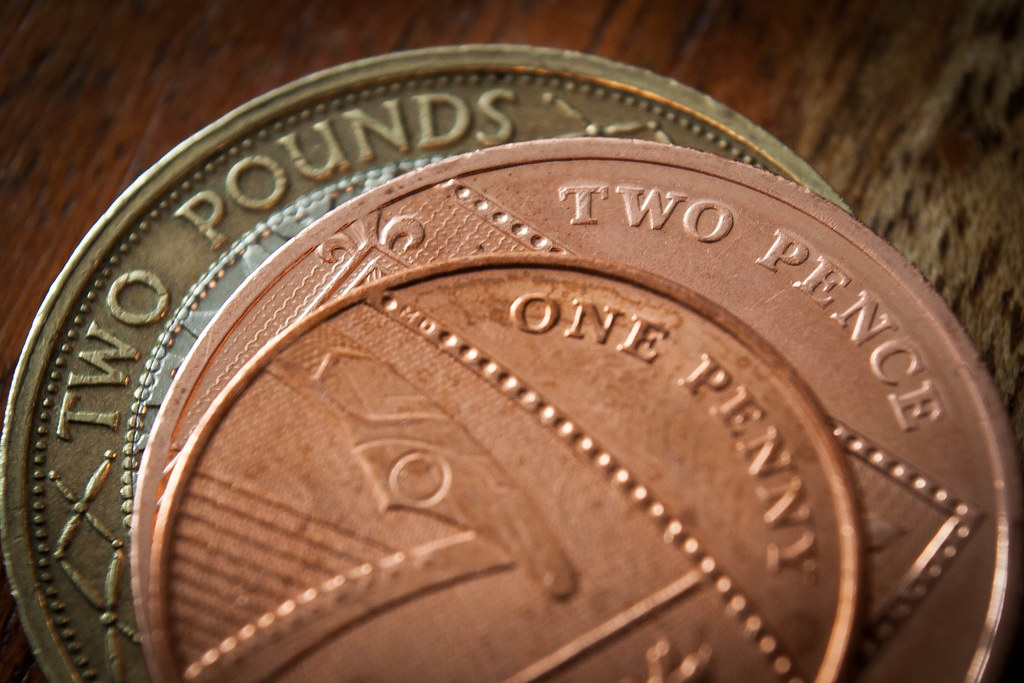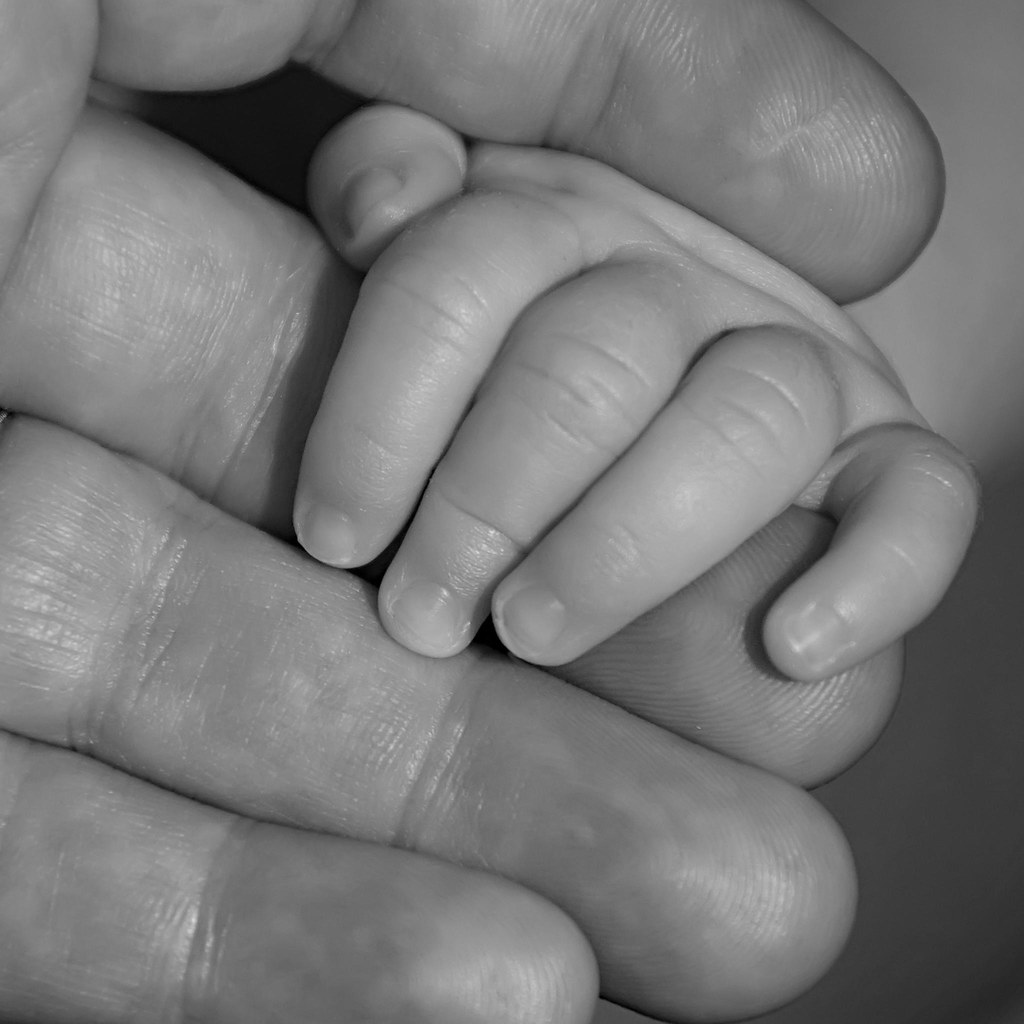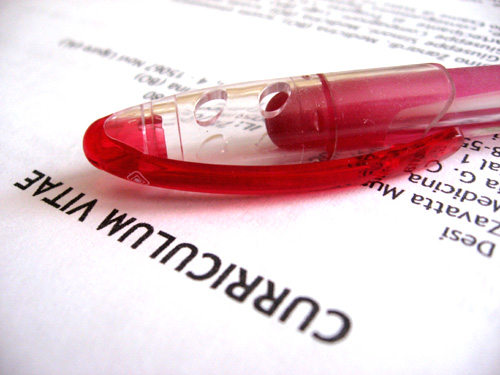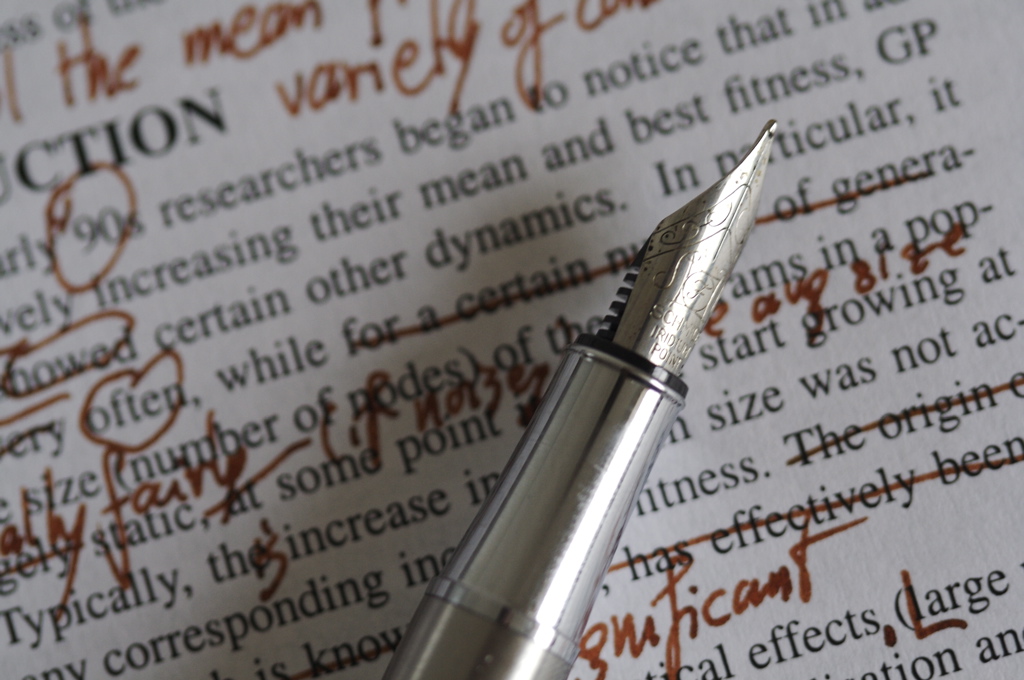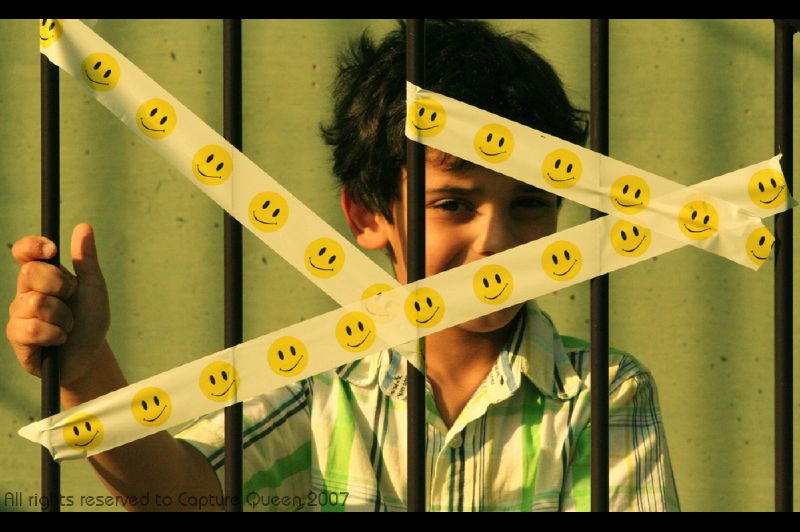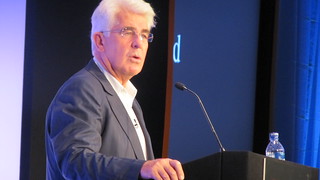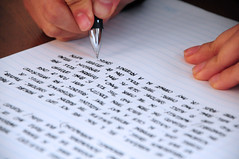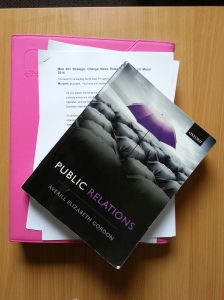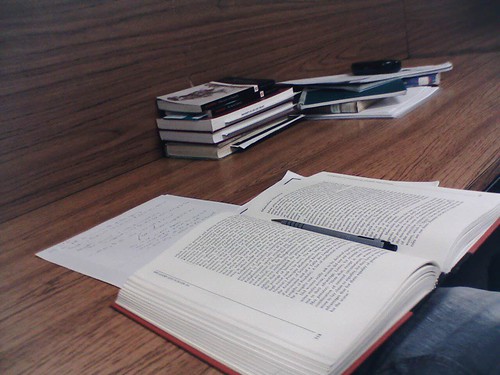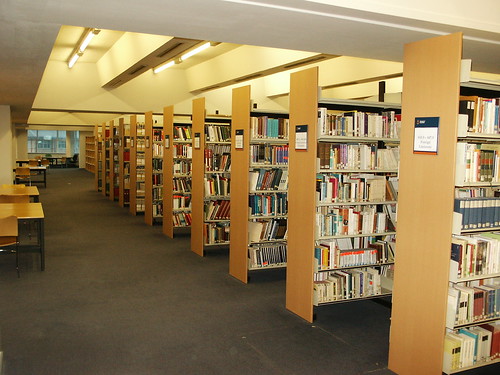Students. From freshers brimming with enthusiasm to third years slowly comfort-eating themselves into oblivion – every student knows the pain and stress of university deadlines.
I’d like to argue that most freshers by now, as we have reached December and lots of presentations, project deadlines and essay hand-ins are now on the horizon, have had most of that enthusiasm knocked out of them, and are well on their way to reaching the mindset of us third-years: please, just let it be over.
Of course, I only speak from my personal experiences and I only refer to 95% of students, there are those who astound me as they hand work in over a week early – oh to be that enthusiastic would be marvellous.
This isn’t to say I’m unenthusiastic about my education – quite the contrary – I attend lectures, engage in discussion (when I’ve had enough sleep the previous night) and my work is always on time. The state of mind I’m referring to is that which all students face when deadline week looms, when there are simply too many papers and too many books and any small ounce of enthusiasm is quite quickly drowned.
I’m not entirely sure about other universities, but here at Sunderland it seems as though deadlines group together like a mob, waiting just around the corner to beat that enthusiasm out of you, and you have to battle desperately to avoid falling into the blackhole of a mental breakdown.
Before I receive any hate mail from those studying astrophysics or something of the like – I do not believe this is any harder for PR students than anyone else – what I do believe is that this battle is a different story for those of us studying PR.
Arts vs Science
As PR revolves around language, communications and ideas and interpretation, we PR students face the same challenge as all ‘arts’ students do – we are never quite right.
I almost envy my friends who study sciences and maths, who walk away from exams with 98% in the bag or even the full 100%. But for those of us who study the arts, where every point you make is down to interpretation, we aim for the 70%s and even the occasional 80% – but 90% and above? That’s a fantasy land.
In our essays, exams, presentations and everything we do there is always something more we could have done, or a different route we could have taken. But there’s only so much you can say in a 2,500 word limit or a 10 minute presentation.
Why we struggle with ourselves more than the science students is because we don’t have a right or wrong answer. We have to figure out a solution and justify our butts off with every single point we make. I’ve always been a person who can find an answer for everything (although I rather dislike people who can do this, it’s incredibly annoying), so I don’t struggle to justify my points, it’s the fact it takes twice as long to figure out a founded solution than to use a formula. There’s no formula for the arts.
But that’s what makes the arts such a wonderful thing. There is no right or wrong and everything is down to interpretation. Maybe I will appreciate this more when I’m not being scrutinised for an extra few percent of a grade…
Time management
With any deadlines there is no doubt that being organised and having time planned in to tackle the workload is invaluable. And as I’m sure most public relations practitioners will tell you, being planned and organised is vital to success.
But for us PR students it’s a different story. We’re still finding our feet with our future profession. We’re stuck in the middle between the skills of the real working world and the naivety and inexperience of student life.
We are organised when push comes to shove, but as far as university deadlines go, a lot of students will leave things to the last minute, and that’s something most of us haven’t outgrown yet.
We sit from 5pm the day before the deadline until 2am the next morning making sure we hit the deadline and all the while regretting we left it until last minute, and promising ourselves we will never do it again (never happens). Our thought process is similar to the stages of grief:
Denial – it’s not happening, I can’t do it, it’s too late, I’ll never get it done
Anger – this is stupid, there’s no point in this, I don’t need to know this when I’m working
Bargaining – maybe I can get an extension because I’ve been working all week…
Depression – I’m going to fail this year and work in McDonald’s for the rest of my life
Acceptance – It’s only one essay, only one grade… McDonald’s isn’t so bad.
I like to tell myself I work better under pressure. Or at least that’s a lie I tell myself at 2am on deadline day. There’s a certain camaraderie that happens between those of us still left working from 1am, we share words of encouragement and help when each of us have questions. But more often we share inspirational and funny memes to keep each other going (some of my favourites are included in this post).
Dealing with deadlines is a battle for most, but PR students are stuck between student life and our professional life and we’re facing the uphill battle of being a student of the arts. We don’t have it easy but it feels so good when we finish at 4am and get those precious few hours sleep before the 9am lecture the next day.






